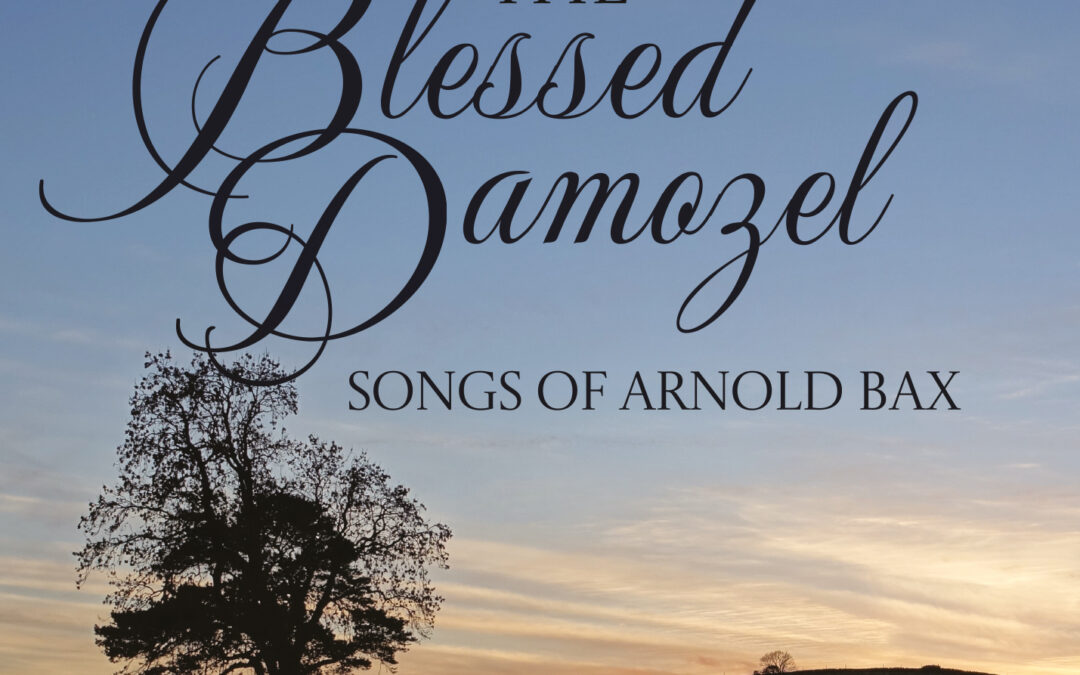Jeremy Huw Williams baritone
Paula Fan piano
Theodore Buchholz cello
EMR CD086
It is tempting to reverse the customary credits to read ‘for piano and baritone’ as Mozart and Beethoven used to do with their violin sonatas, since Paula Fan certainly earns the title of ‘collaborative pianist’ here.
Although this CD is exceptionally well-filled, the major work (and the first of two world première recordings) is a 25 minute scena for piano and reciter after Rossetti’s perfumed vision, The Blessed Damozel. Bax referred to this score, orchestral in scope, as a piano arrangement; but since no larger version has been discovered, it is generally assumed that his orchestration was conceived but never written down.
This CD was recorded at the University of Arizona, where both instrumentalists have held academic posts, and Fan negotiates Bax’s rhapsodic pages with authority and intelligence. Unfortunately, the swimmy acoustic does little to advance her travails with what is already a meandering piano part, and this is exacerbated when the narrator enters, apparently from a quite different but equally unfocussed source.
As each line of the poem is well separated from its neighbours, regardless of syntax, this not only results in a certain sameness over the timespan, but the reciter’s difficulties in sustaining emotion, or projecting phrases with any tangible direction are greatly increased. Williams perseveres with these inherent challenges, and clearly relishes the sentiments, but the overall impression is one of queasy satiation rather than satisfaction.
The second première is On the Bridge, and several other songs are little-known. Alas, Williams sounds unhappy and unsteady throughout, and when the voice is under pressure, especially in faster items, his intonation is compromised further. Moreover, his frequent resource to an opaque mezza voce does not convince either, as this merely heightens the disparity between his registers.
I have not heard the duo’s earlier volume of Bax songs (EMR CD073) but on this showing – and especially in his continual adoption of high keys – Williams has unassailable rivals in Ian Partridge and Jean Rigby on Dutton, about whom little else need be said. Theodore Buchholz’s warm account of the Folk-Tale (1918) is a welcome intermission, but this is his only appearance. It would be good to hear him in later works, such as the Rhapsodic Ballad.
The substantial booklet reflects the usual high standards of this label, so much so that it is at risk of damage under the lugs of a standard CD case. It may soon be expedient for EMR to adopt an alternative design to accommodate so much valuable information, as Hyperion were eventually obliged to do with Graham Johnson’s Schubert series.
Review by Andrew Plant

